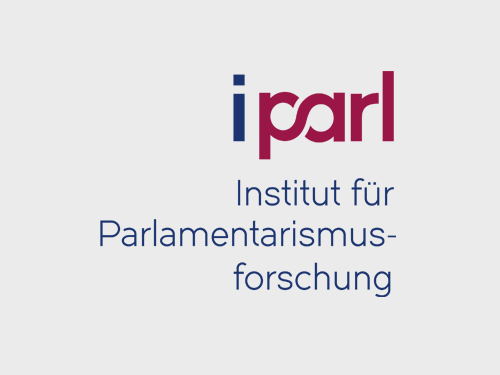Insights into everyday research (by Clara Koch)
In mid-February 2020, I began my six-week internship at the Institute for Parliamentary Research (IParl) - endeavouring to gain an in-depth insight into political science research. To say the most important thing right away: I was able to achieve this with pleasure.
I got to know the institute during an excursion to Berlin organised by Leipzig University. Even then, the staff made a very pleasant impression and while I was reading through the various IParl publications afterwards, my interest was piqued.
When I started the internship, I couldn't really imagine what my work would be like. I was excited and motivated, but also new to everyday research. All the more helpful was the friendly welcome from the still quite young and small team - I was quickly able to fit in with the collegial and very open-spirited team of nine colleagues and the resulting pleasant working atmosphere.
However, I didn't have much time for this: due to the rampant coronavirus, we all worked from home from 12 March. Despite this rather suboptimal situation for an internship, I always felt well looked after and supported in my tasks when necessary - especially by Dr Benjamin Höhne and Malte Cordes while I was working from home.
My tasks came about primarily as part of a co-operation with the Office for Statistics and Elections in Leipzig. The office of Lord Mayor was filled in two rounds of elections in February and March and voters were surveyed after each round. Apart from designing the questionnaire, I was involved in these post-election surveys from start to finish. I was therefore involved in collecting, processing and analysing the quantitative and qualitative data with Questor Pro and SPSS and finally in writing up the results, which were published in a report. In order to ensure good co-operation, I spent one week of my internship at the Office for Statistics and Elections in Leipzig. As part of the project, I learnt about the political science approach to data and research questions and the various steps on the way to publication on the one hand and was able to work independently on the other.
In addition to the election day survey, I mainly did research work for Dr Benjamin Höhne in the first few weeks and took part in the weekly team meeting and the research colloquium. The latter provided me with interesting insights into academic collaboration and current parliamentary research. The colloquium and the visit to the conference to mark the 50th anniversary of the German Association for Parliamentary Affairs (DVParl) were unfortunately cancelled due to the coronavirus.
Despite these special circumstances, I always felt comfortable during my internship - whether at the institute or in the home office - and found the time enriching for me and my academic career. In short, I can recommend an internship at the IParl to anyone who wants to gain a deeper insight into the practice of parliamentary research and not just make coffee during their internship.



Sign up to receive updates, promotions, and sneak peaks of upcoming products. Plus 20% off your next order.